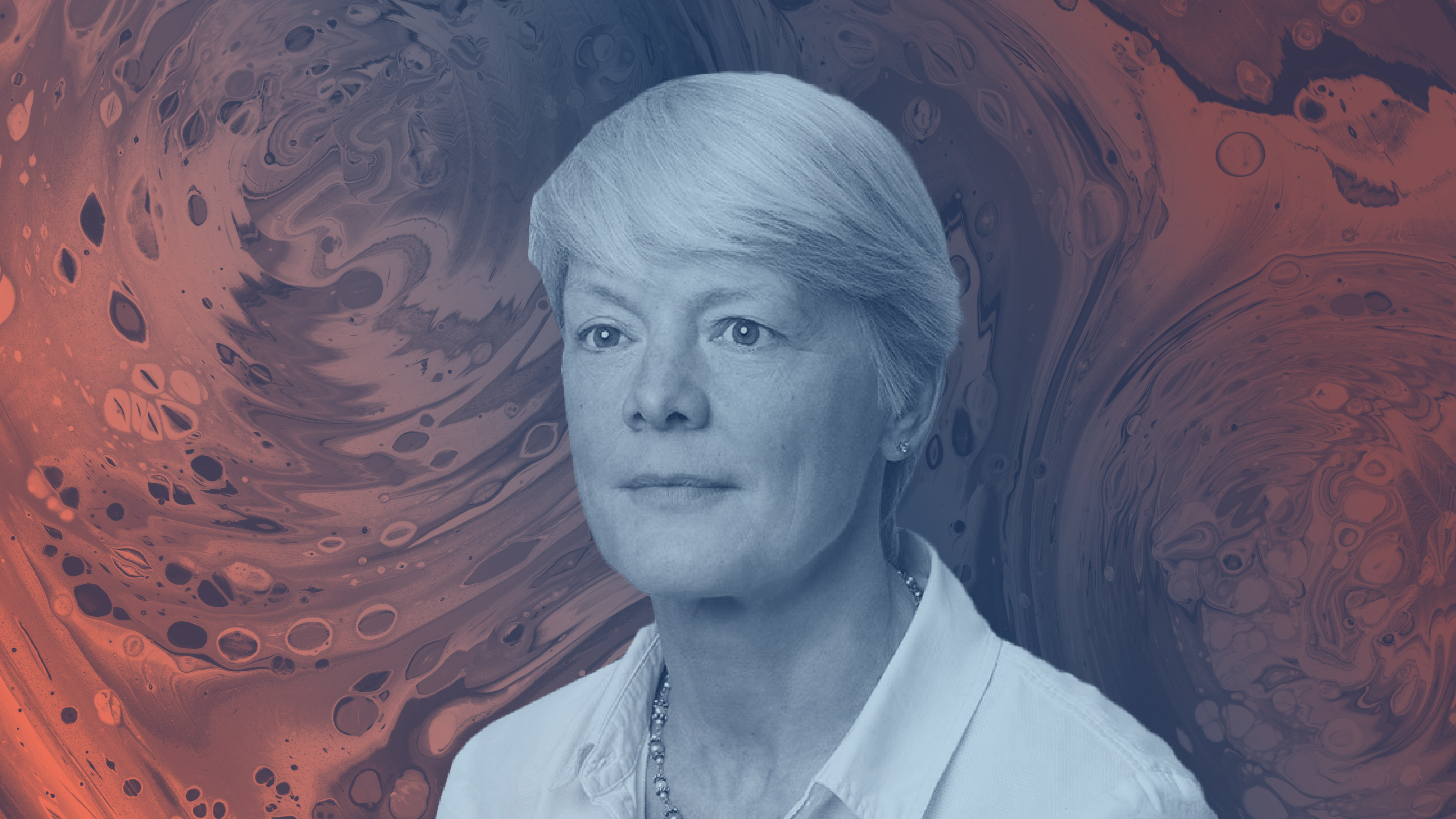
Small Pharma recently completed a Phase I trial to treat Major Depressive Disorder (MDD), with proprietary DMT formulation SPL026. The study was the first to explore the compound’s efficacy to combat MDD, which affects more than 16.1 million adults in the US alone. Following promising results, Small Pharma has now started a Phase IIa trial, in a patient population, to assess the efficacy of different doses of intravenous DMT.
Speaking about the study, the company’s Chief Scientific and Medical Officer, Carol Routledge, said: ‘With a strong safety and tolerability profile, now demonstrated, we can move ahead with the first regulated clinical trial of DMT-assisted therapy in patients. These results lay the foundation for Small Pharma’s DMT-assisted therapy as a potential new paradigm in the treatment of MDD.’
Routledge is a drug development veteran, with over thirty years’ experience in biotechnology and pharmaceuticals. Specialising in neurology and psychiatry, she has led drug discovery programmes at Syntex, GlaxoSmithKline and BTG, and most recently directed strategy for Alzheimer’s Research UK.
PSYCH spoke with Routledge at the start of Small Pharma’s Phase IIa trial, on the treatment’s potential and investor opportunities.
‘By assessing the effects of one dose versus two doses, we can better understand safety, tolerability and, more importantly, efficacy. This will help inform our Phase IIb study and we should get first line data in the first half of 2022.
‘We have already sought scientific advice from The Medicines and Healthcare products Regulatory Agency (MHRA) on the design of the study and the non-clinical package to move it forward. We also have an application for scientific advice into the FDA and hope to begin the study in the second half of next year. In 2023 we’ll start Phase III trials and after that we can apply for market approval.’
PSYCH was eager to learn why Small Pharma is investigating the potential of DMT, when the majority of its peers are focusing on psilocybin.
‘When you look at DMT, there is a reasonable amount of preclinical evidence that it should do what we want it to. On top of that, imaging studies demonstrate that DMT, even though it produces a short psychedelic experience, has mechanisms that seem to be very similar to psilocybin – which is a demonstrated antidepressant.
‘As the psychedelic experience is very short, between 20 and 30 minutes, even when you add the therapy component the whole treatment is still relatively short, between one and a half to two and a half hours. That is a real benefit to patients, with much less time needed in the clinic and a duration of action that lasts a few months.
‘Therapeutically it should perform at least as well as psilocybin, but, from a patient burden and clinical flexibility standpoint, fitting into a standard treatment regimen, a molecule with a short psychedelic experience would be much more beneficial and the ideal molecule.’
In addition to favouring DMT over psilocybin, another key differentiator is Small Pharma’s targeting of MDD over treatment-resistant depression. Routledge outlined the reasoning behind this decision.
‘I appreciate that a number of companies are looking at treatment-resistant depression, but actually patients tend to go through MDD before they get there. If you look at the number of patients suffering from the disorder, it is absolutely enormous, so it’s a huge unmet medical need.
‘We know DMT is safe and now we know it is also well tolerated, so why not make it available for MDD patients? The MHRA has given us approval, seeing no issues in doing that, and we are hopeful the FDA will do the same.
‘Treatment-resistant depression is still an unmet need, but a lot of psychedelic companies have already moved in that direction. That space is now pretty full, so those patients should receive the treatments they need, and we can focus on Major Depressive Disorder.’
If the formulation were to gain market approval, PSYCH was keen to learn whether SPL026’s application would be expanded beyond MDD.
‘Yes, we would like to expand the use cases,’ declared Routledge. ‘It is really important in drug discovery to get the data under your belt first. We would like to demonstrate that this molecule works in MDD initially, obtaining proof of concept, with the hope that the studies point us in the direction of anxiety disorders or elsewhere.
‘Our aim would be to expand out into other indications not only with SPL026, but also with our pipeline of other modified molecules. Additionally, we are also looking at novel formulations and routes of administration we can also link to different therapeutic applications. Based on the work Small Pharma and other companies are doing, it would seem that psychedelic-assisted therapy could be, and would be, efficacious in a number of different indications.’
Small Pharma is headquartered in Vancouver, but a large portion of its team is based in the UK. PSYCH probed Routledge on regulatory differences and the strategic motivations behind the decision to straddle two continents.
‘When we move onto Phase IIb trials, it will be a multi-site and multi-country study, so we will expand not only into Canada, but also the US – which is why we are seeking FDA approval.
‘The reason for listing on the Toronto Stock Exchange was that at the time it was a better option for Small Pharma. In terms of expanding clinically, we will move to a number of countries and have not had any trouble with regulators. COMPASS has taken psilocybin into the US and I don’t think it had any issues with the FDA. I think regulators can see the safety, efficacy and potential of these molecules, and they all seem very open to taking them through clinical trials.’


